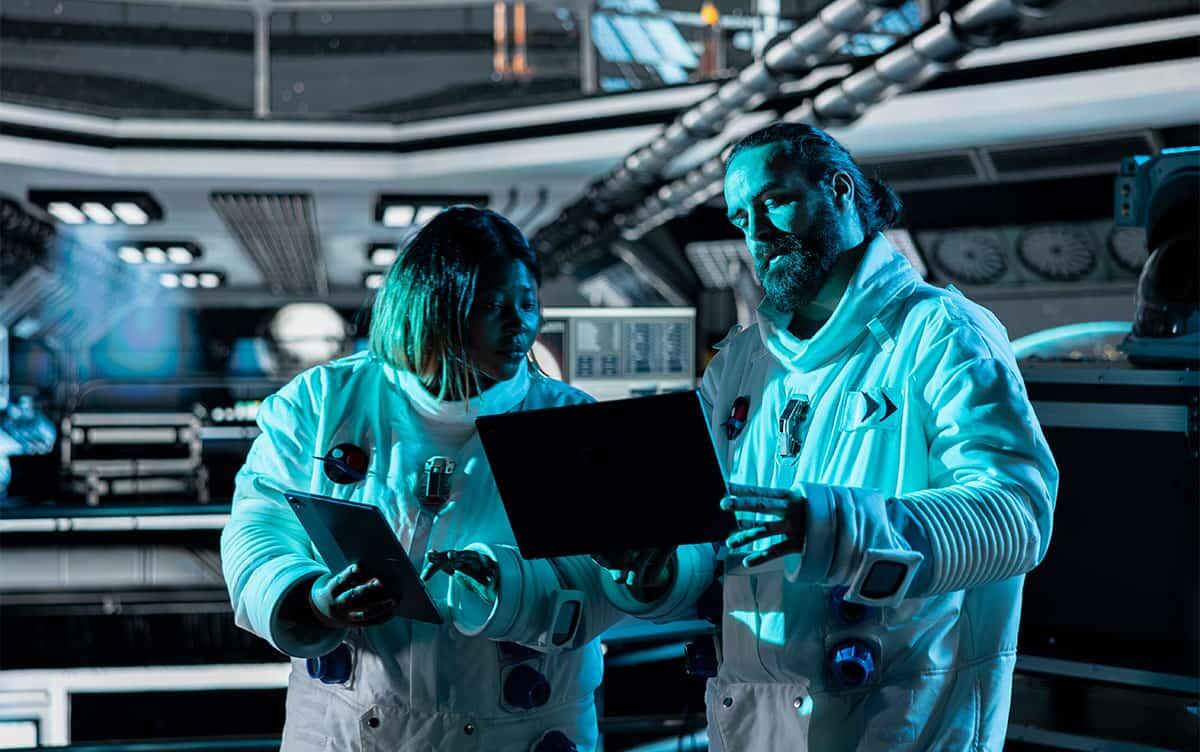Research News
Blurring of Task-Related and Private Boundaries for Interpersonal Relationships in Prolonged Isolated and Confined Environments
 Image by DC Studio/Shutterstock
Image by DC Studio/Shutterstock
The researchers at University of Tsukuba investigated interpersonal dynamics among five participants during a 240-day closed experiment called SIRIUS-21 conducted in Moscow, Russia. The results indicated that, in the latter half of the experiment, the boundaries between work and private life became blurred. Despite this shift, no decline in performance was observed.
Tsukuba, Japan—With the advancement of long-term missions to the Moon and Mars, crews are expected to live together in isolated and confined environments for a long time. Thus, relationships and interactions among crew members can play a significant role in the success of missions.
This study investigated the interpersonal relationships among five participants in a 240-day closed experiment called SIRIUS-21 conducted in Moscow in 2021 with the objective of quantifying the process of change in interpersonal relationships.
The results revealed that conflicts and separation emerged among the participants during the early stages of the experiment, followed by the stabilization of interpersonal relationships through intervention conducted by mental health professionals. Furthermore, the study observed a tendency toward the blurring of boundaries between task-related activities and personal activities as the experiment progressed. Although discord persisted between the two participants, team cohesion indicators remained, and performance levels remained consistently high.
These results indicated that in long-term confined-space missions, appropriate intervention from experts could effectively stabilize crew relationships and that conflicts between crew members and the blurring of boundaries between task-related and personal activities do not necessarily exert negative impacts on the team. Monitoring crew relationships in future, manned, long-term space missions will enable early detection of issues and provision of appropriate interventions.
###
This work was supported by JSPS KAKENHI Grant Numbers JP15H05941 and JP25H01374, as well as a grant from the Urawa Neuropsychiatric Sanatorium.
Original Paper
- Title of original paper:
- How isolated and confined-environment missions shape human interactions: SIRIUS-21
- Journal:
- Acta Astronautica
- DOI:
- 10.1016/j.actaastro.2025.05.004
Correspondence
Professor SASAHARA Shin-ichiro
Institute of Medicine, University of Tsukuba
MIGAKI Wakako
Doctoral Program in Medical Sciences, Graduate School of Comprehensive Human Sciences, University of Tsukuba





